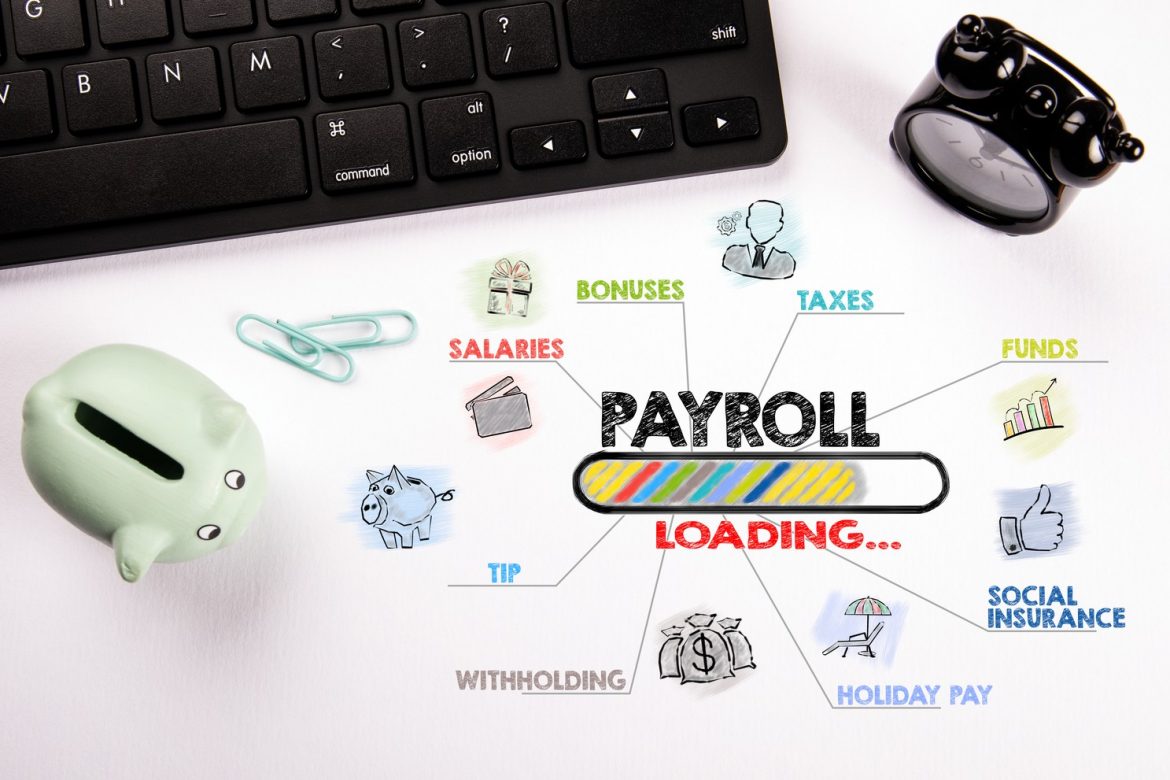Do you find yourself wondering where all the money from your last paycheck went? Are you trying to save money for an investment or simply for a sense of financial stability? It is easy to lose track of your spending habits when you are too busy, fail to plan, lack direction, or just don’t care until it’s too late. Budgeting creates a realistic plan to monitor spending and prevent financial strains. If you are tired of wondering where the money goes, follow these tips to finally prioritize that budget.
Try the 50-30-20 Method
Start out by setting some basic targets. The 50-30-20 budgeting method has helped many people determine the amount of money available for expenses. Let’s take a look at the breakdown.
- 50% of income is set aside for necessities, such as living expenses, food, utilities, transportation, and household essentials
- 30% of income is budgeted for stuff you want, or more discretionary expenses, like dining out, entertainment, and hobbies
- 20% of income should be put away in your savings account
This method is perfect for those who struggle with starting a budget plan, as it establishes clear and attainable goals before you even spend a dime.
Determine Fixed Expenses
We may not all be financial experts, but there are still some budgeting basics that you want to know. First, sit down and determine all of your fixed expenses. These are expenses that remain unchanged, like your mortgage or rent payments, health insurance, car payments, and childcare. Total all of these amounts, and leave that total amount untouched in the budget. Now, you only have the remainder or the budget to allocate towards other expenses.
Organize Your Variable Expenses
Next, take the time to write down variable and discretionary expenses. These are the expenses that change from month-to-month, such as:
- Groceries
- Dining out
- Entertainment
- Hobbies
- Gifts
- Travelling
After listing variable expenses, assign amounts to each category. Take a look at old bank statements or credit card bills to study previous spending trends. Prioritize the categories that are most essential to your lifestyle, and allocate more money towards those categories.
Be Realistic
When budgeting, get comfortable with making compromises and concessions to help you stick to your budget. Make realistic choices about items you are willing to give up in the efforts to gain financial stability. For example, lowering your budget in Christmas is an impractical idea. However, choosing to eat at home instead of frequently dining out may be a more suitable solution to saving your money.
Track Your Spending
Many of us forget about balancing our checkbooks and filing credit card receipts. E-receipts and online bank statements can also get overlooked. To stick to your budget, you will need to come up with a tracking system that works for you. Keep receipts in a binder, or use an online financial tracking website to keep your spending in check. When you are overspending in one category, you will then know to dial back to meet your goals.
Review and Make Adjustments

After each month’s end, review your budget. Take the time to compare your original spending goals the exact expenses throughout the month. Did you stay on track? When you notice any major discrepancies, make adjustments and adapt by creating new goals. For example, if you overspent on groceries but spent little money on dining out, you may want to move money around to better you’re your lifestyle. As you work on your budget, be realistic and honest about where you spend money.
Create a realistic budget that focuses on maintaining goals, limiting discrepancy spending, and monitoring your spending habits. Budgets will provide you with a system that can work when you put your mind to it. Instead of impatiently waiting for your next paycheck, you can rest-assured knowing that the budgeting system you’ve put in place actually works.
